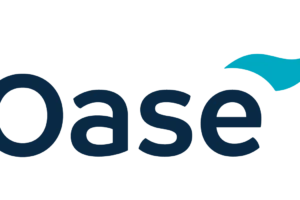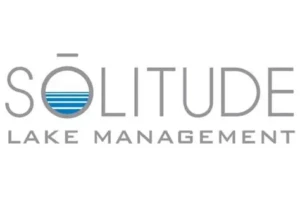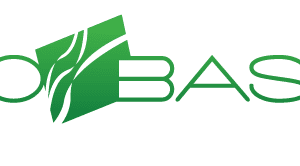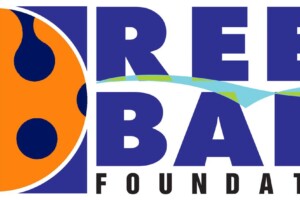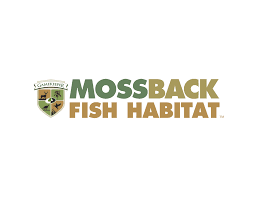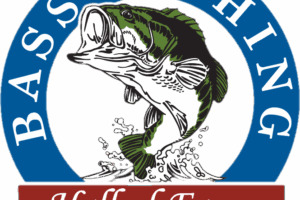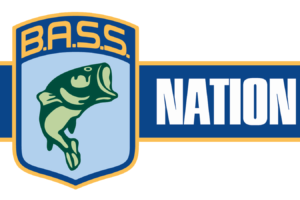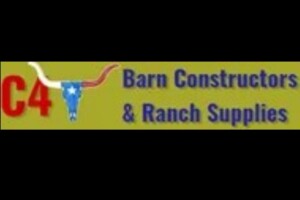
- This event has passed.
2025 Annual Business Meeting
The Reservoir Fisheries Habitat Partnership (RFHP) will be holding its 15th Annual Meeting October 17-19, 2025, at the Texas Freshwater Fisheries Center. All meeting information is provided below. Many thanks to our meeting sponsors, many who are presenting at Friday's workshop!
Agenda
- 9:30 A.M. - Workshop: Workshop_Flyer (breakfast items provided)
- 12:30 P.M. - Lunch (provided by RFHP)
- 1:30 P.M. - Workshop: Pond renovation walk-through and demos
- Dinner on your own
- 8:30 A.M. - Business Meeting (breakfast items provided)
- 11:30 A.M. - Lunch (provided by RFHP)
- 12:00 P.M. - Technical Sessions
- 6:30 P.M. - Awards Banquet
- 8:30 A.M. - Technical Sessions (breakfast items provided)
- 12:00 P.M. - Adjourn (lunch on your own)
Download Agenda
View Full Technical Session and Abstracts
View Briefing Book
Doug Nygren is inviting select Steering Committee Members and those registered to attend the meeting virtually to a scheduled Zoom meeting.
Topic: FOR Annual Meeting (the complete meeting agenda and abstracts are posted on the website)
Every day, 3 occurrence(s) MST (Phoenix)
Oct 17, 2025 Meeting starts at 9:30 am AM Workshop and Onsite Field Trip
Oct 18, 2025 Meeting starts at 8:30 am AM Business meeting and afternoon technical presentations
Oct 19, 2025 Meeting starts at 8:30 am AM Technical presentations (end at noon)
Topic: RFHP 2025 Annual Meeting, Athens, TX
Time: Oct 17, 2025 08:30 AM Central Time (US and Canada)
Every day, until Oct 19, 2025, 3 occurrence(s)
Please download and import the following iCalendar (.ics) files to your calendar system.
Join Zoom Meeting
https://us02web.zoom.us/j/89518797453?pwd=kzwWzuBuieUJtydbJ13jdvPcM2Irbs.1
Meeting ID: 895 1879 7453
Passcode: 598305
---
One tap mobile
+13126266799,,89518797453#,,,,*598305# US (Chicago)
+16469313860,,89518797453#,,,,*598305# US
Join instructions
https://us02web.zoom.us/meetings/89518797453/invitations?signature=g9auyMkhR4YK-IHJps-zkcCrLq-woIOXr4sbjhE16r4
Three Common Reservoir Issues and Commercially Available Solutions
Join us for a discussion on how we are challenged by reservoir aging, specifically regarding nutrients, sediment, and loss of hard habitat, and how commercial solutions are becoming increasingly more available, and through Friends of Reservoirs, we are building partnerships to provide opportunities for grants to try their products in your waterbodies.
Nutrients
What drives nutrients into a system? How does it accumulate in a reservoir? What are the impacts?
Speaker David Riedl, Regional Water Quality Lead- Oase Water Technology’s philosophy on nutrient reduction within the water column and at the sediment layer using their Lake Therapy product line.
Speaker: David Beasley, Director of Fisheries and Fisheries Biologist at SOLitude Lake Management, covers TryMarine and transforms the food web by decomposing organics, thereby incorporating the muck into the food web.
Sediment
How sediment turns to muck and creates unproductive waterbodies.
Speaker: Todd Cruthird, Cequel 4 of Tyler, Texas, providing insights to excavation of sediments in aquatics systems.
Speaker: Ryan Sullivan, BioBase Development and Marketing Manager, providing insights into mapping bottom hardness, vegetation density, topography, and fish usage as a point of pre- and post-project definition.
Hard Habitat
Working through the challenges of losing complex habitat and addressing the changing perspective of what is a safe choice for longevity.
Speaker: Larry Beggs/James McFarlane, Reef Innovations Inc, using molded concrete to supplement reservoir habitat
Speaker: David King, CEO Founder of MossBack Fish Habitat, redefining successful artificial habitat production by implementing steps in manufacturing and material makeup.
Here are some questions to help you get ready for the workshop:
- How many employees in your agency have the sole responsibility of addressing reservoir habitat loss?
- How many habitat boats/barges does your agency have?
- Does your agency have the necessary equipment to assist with habitat projects? If so, what equipment is available?
- Light to medium-duty tractors or skid steers
- Heavy-duty earth-moving equipment
- Dump trailers
- What topographic mapping units are available to aid in habitat mapping?
- What is the primary funding source for habitat work for your agency?
- What percentage of habitat work is done by agency staff vs independent contractors?
- What percentage of habitat materials are made by staff vs purchased from a commercial source?
- Have you personally completed shoreline stabilization projects?
- Have you personally completed sediment removal projects?
- Have you personally applied nutrient mitigation techniques?


